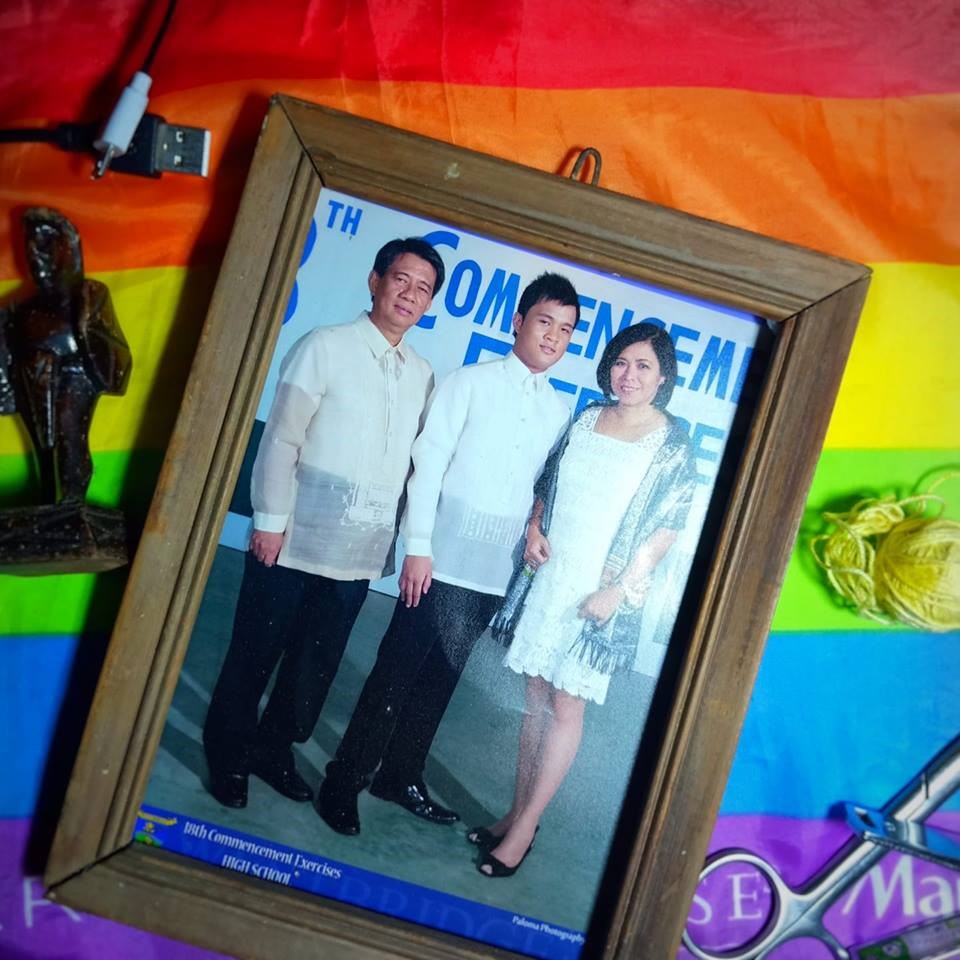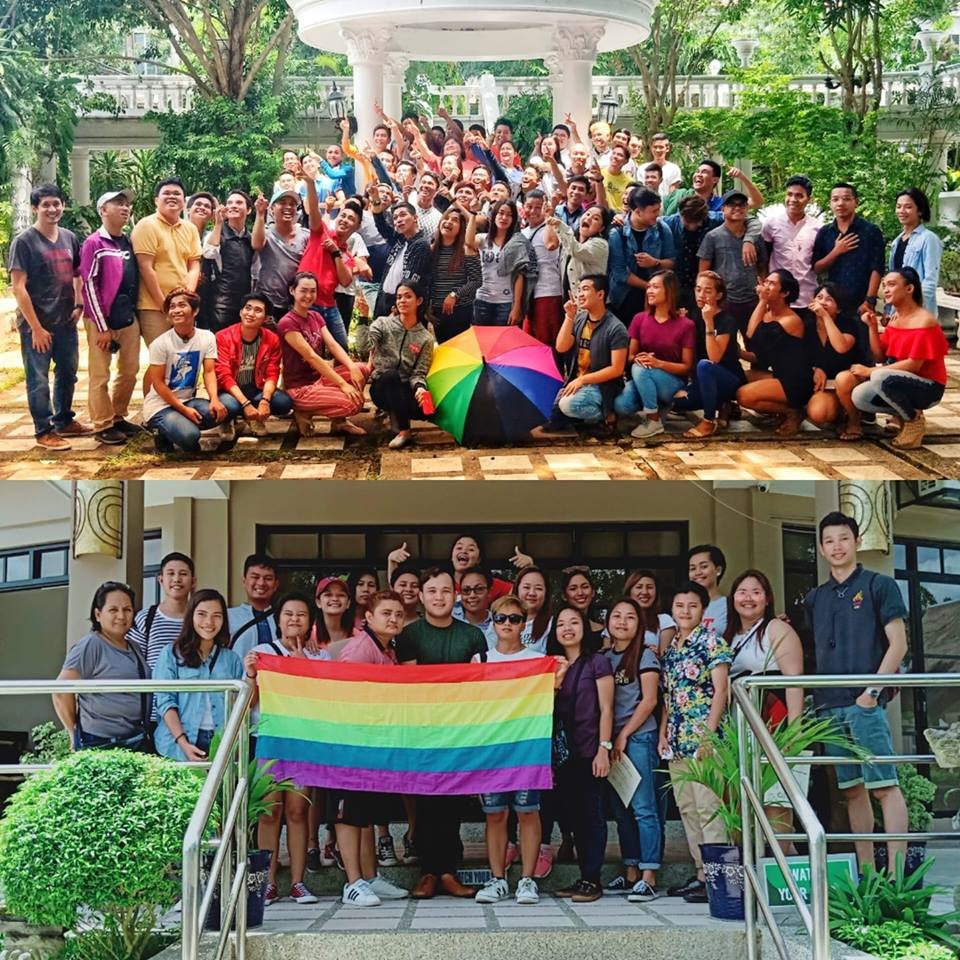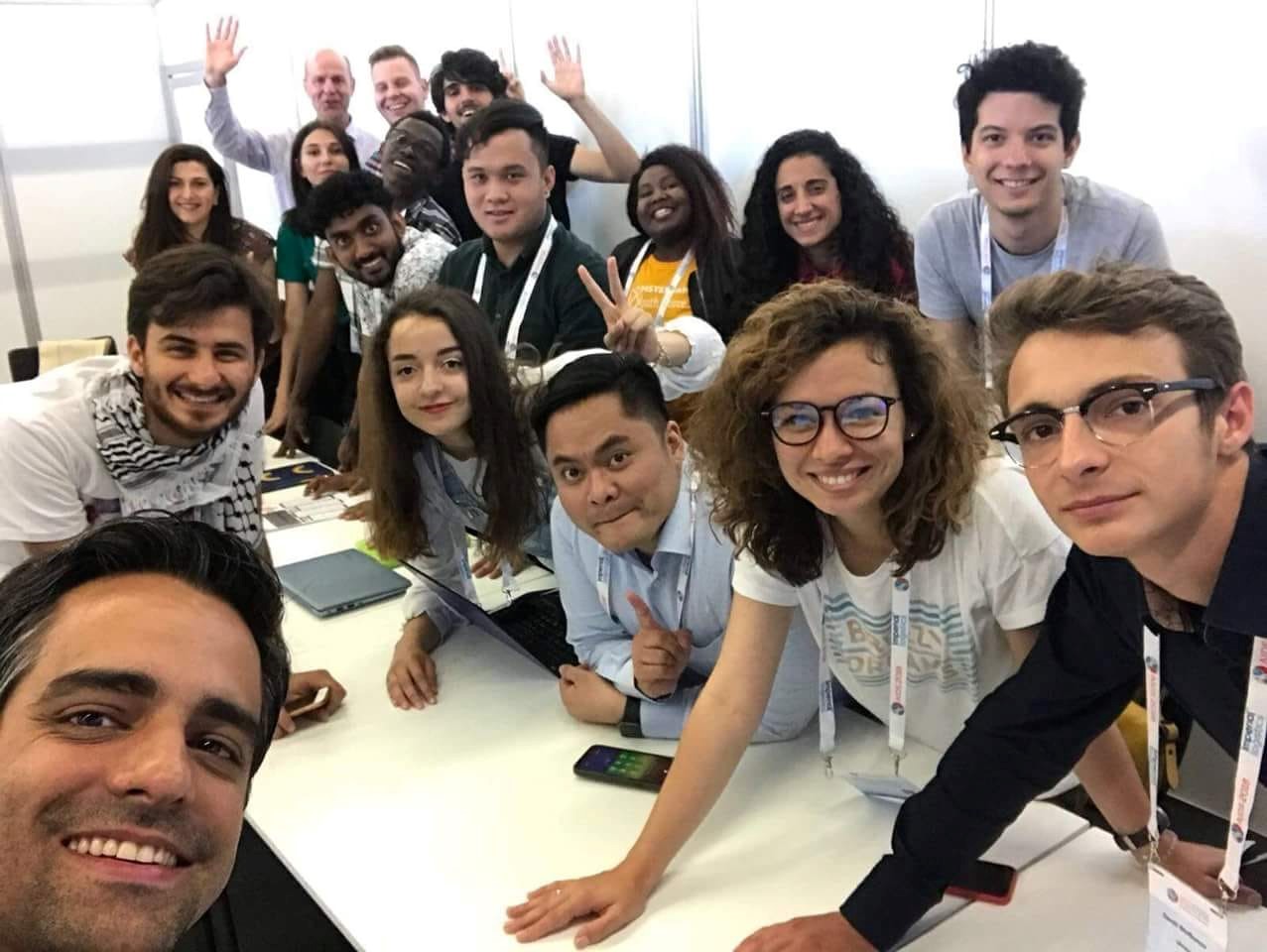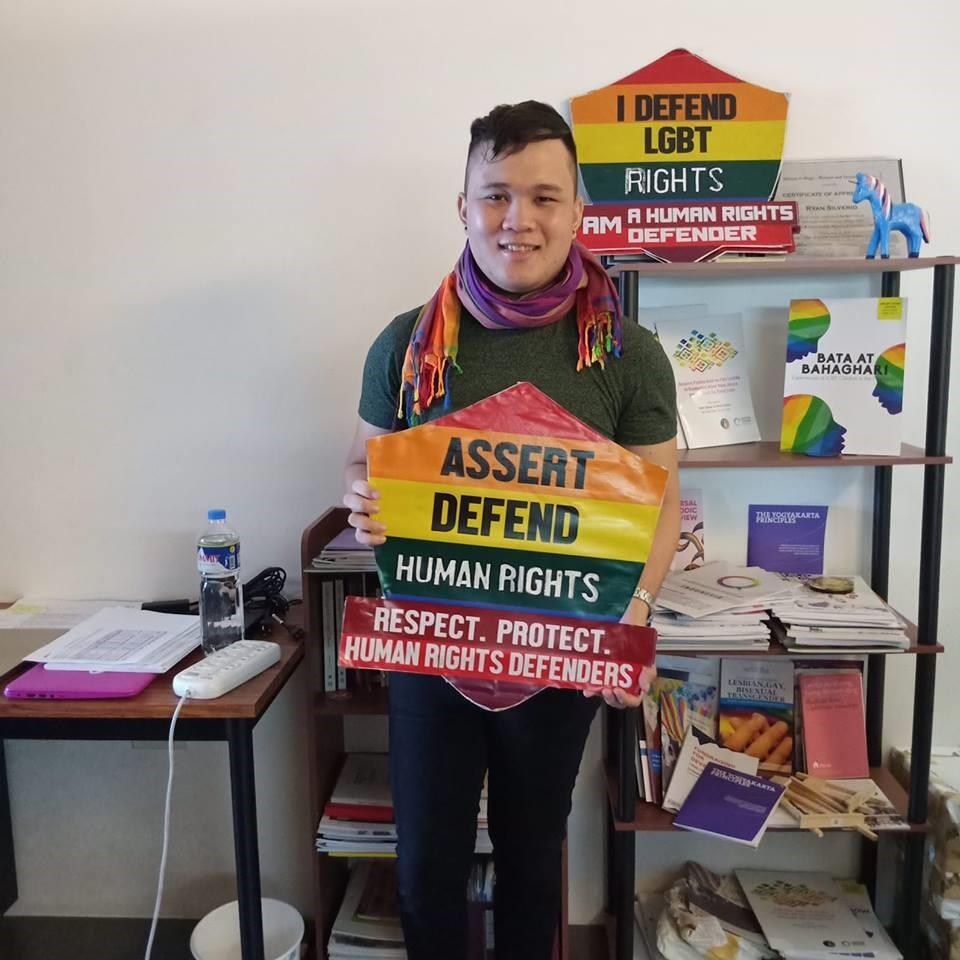The 2018 International Youth Day theme is ‘Safe Spaces for Youth’, dedicated to ensuing the dignity and safety of youth. It’s widely acknowledged that youth need safe spaces where they can come together, engage in activities related to their diverse needs and interests, participate in decision--making processes and freely express themselves.
There are several types of safe spaces, such as civic spaces that enable youth to engage in governance issues; public spaces that afford youth the opportunity to participate in sports and other leisure activities in the community; digital spaces that help youth interact virtually across borders globally; and well-planned physical spaces can help accommodate the needs of diverse youth especially those vulnerable to marginalization or violence, as well as those displaced or otherwise impacted by disasters and conflict.
For this year’s International Youth Day, the Interagency Task Team on Young Key Population (IATT YKP) and Thematic Working Group on Youth Peace & Security (TWG YPS) would like to share inspiring stories from select young people across Asia-Pacific on their struggles and commitments on working in the fields of sexual and reproductive health and rights, young key populations, comprehensive sexuality education, humanitarian response, and youth, peace and security - all in connection with safe spaces.
Justin Francis Bionat is the project officer of Youth Voices Count, a youth initiative founded in 2010 and led by young men who have sex with men (MSM) and transgender women. He is currently working towards his Master’s in Human Rights and Democratisation at Mahidol University, Thailand. He holds a Bachelor’s Degree in Political Science from West Visayas State University in the Philippines. He is a young advocate of LGBTQ+ rights and sexual and reproductive health and rights, working at the local, national and regional levels.

I was adopted at a very young age. My mom couldn't have a child of her own so my parents wanted to adopt. Fortunately, I was that lucky newborn baby. It wasn't easy, however, as my biological mother was living in Manila at that time. I was born in Manila actually. I was brought from Manila back to Iloilo City when I was just a few days old – not via airplane but by ship, from Luzon to Visayas, as the plane's cabin pressure could rupture my fragile eardrums.
I don't know where I'd be or who I'd be today if I hadn’t been adopted. I am thankful for that. I have always been thankful for that.
For me, coming out has been a series of stages – and not just one shot altogether.
You come out every day when you meet someone new and you have to tell them you are lesbian, gay, bisexual, transgender, queer or intersex. My first coming out was not about being homosexual but being an adopted child of my parents. That took a large toll during my growing years. I found out when I was in the 2nd or 3rd grade. I had to come to terms with that. People always asked why I look different from my parents. Being adopted shouldn't be a big thing but it became a big thing to me. I always felt different. I felt it during my graduation from elementary school when everyone else had identical looks to their parents but I was much taller, much more fair-toned and much bigger than my adoptive parents.
Years later, just after high school, my second coming out was when I told everyone in my life that I am gay. I lost many friends but I gained even more. I had to go through the process of slowly admitting to people that identity of mine. I then started advocating for LGBTIQ rights at the university that I was in. I founded the Student Advocates for Gender Equality (SAGE) Network.
Then both stories collided especially when I heard gossip like, "Gin adopt ka kay gusto sang ginhikanan mo nga may apo sila pero nag agi ka. Kanugon lang.” (Your parents adopted you so that they could have grandchildren but you turned out gay, what a shame). And even worse I would hear insults like "Indi ka man tuod nila nga bata kag nag-agi ka pa?" (You are not their real child and you became gay?)
So you wonder why I am so passionate about what I do? It is because I had to live through both stages and both were equally painful. I am thankful to have been adopted by such an amazing family which has been my ‘safe space’. Coming out is being proud of your origins. My parents have always accepted me. They were always proud of me.
Well, that's just the tip of the iceberg of my story really. This is why I fight. This is why I am passionate. I want everyone to feel the kind of support I had. I want to create safe spaces for young people like me to be themselves which is the reason why my university life was spent doing advocacy, but mostly for my fellow students. Fighting against oppressive school policies and joining movements was part of my college experience.
I had the yearning and the drive to expand the work that I was doing. I wanted to go beyond the university and create a bigger safe space for my beloved city, so I founded the Iloilo Pride Team in Iloilo City, a small metropolis in Western Visayas, Philippines. The Iloilo Pride Team was initially formed because of the combined effort of myself and my close friends Russel, Gabriel and Knoi. We wanted to add a little excitement to our small city.
We organized events, partnered with government and non-government institutions, built up our reputation as the city’s LGBTQ+ collective and organized the first LGBTQ+ pride march in Iloilo City. I would like to think that was one of the proudest moments of my life to expand these safe spaces beyond what I think I could do. The organizations that I formed and participated in became my “family of choice”, but sometimes I like to think that they chose me.

Eventually, I was given the opportunity to go beyond my home city. I had great mentors who helped me participate in much grander opportunities.
Now, I work as project officer of Youth Voices Count, a youth-led network that focuses on young key affected populations through the HIV response. It works in the Asia-Pacific Region with members from various countries. We work around sexual and gender minority issues, especially among young gay and bisexual men and other men who have sex with men (MSM). We have also started to work on other LGBTQ+ populations.
The sense of family is so abstract that we feel it in diverse and non-conventional groups.
My “family of birth” put me up for adoption because they couldn’t take care of me. The family that raised me might not be my biological family but they have been supportive of my advocacy work, nonetheless. My “family of choice” is the LGBTQ+ community, the friends and allies that have been with me throughout my life’s journey. Finally, the family I want to raise is with my loving boyfriend Neil Oliver.
Spaces with belongingness, love and acceptance will always be considered ‘safe spaces’, and sometimes it is not where but who you are with that makes it.
We all have to go through these complex crevices of life and the challenges that come with this. Mine started from adoption to advocacy.



